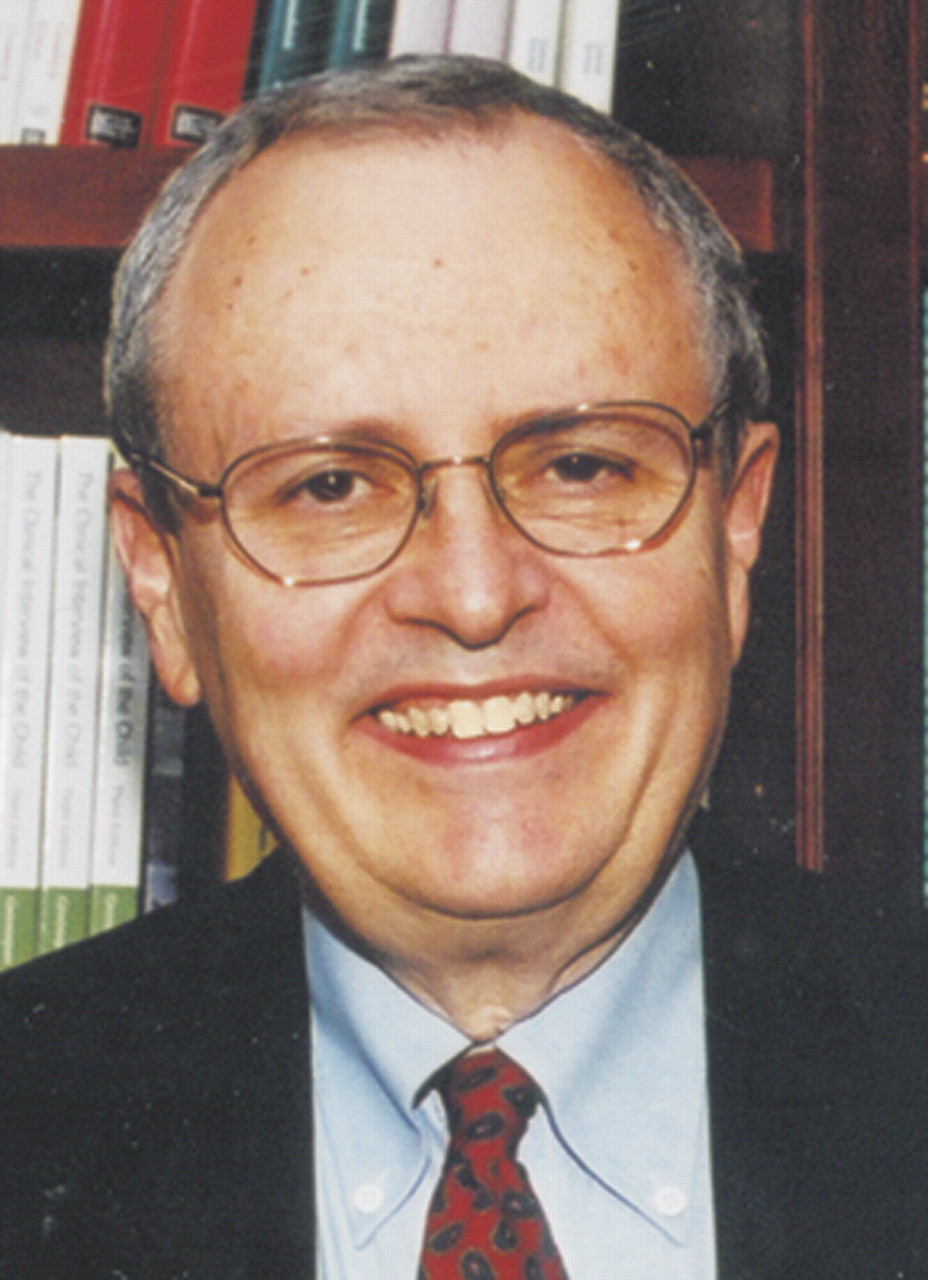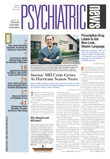For me, APA has been a lifelong labor of love. I started working with APA just after residency training in 1974 as a young psychiatrist interested in the economics of practice. After a decade in the U.S. Public Health Service, I found myself coming to work at APA headquarters for Dr. Mel Sabshin, our esteemed former medical director. I spent nearly four years on the APA staff as deputy medical director and learned so much from Mel and others.
Although I left a formal appointment with APA in 1986 to come to Sheppard Pratt, I have never really left APA. I have worked on numerous committees, councils, and task forces and held a number of elected positions, all culminating in this year as your president.
Being president of our wonderful Association has been a most extraordinary experience for me. Thanks to Tom Cruise and his antipsychiatry rant on the“ Today” show last June, I experienced my first 15 minutes of fame. This event was a reminder that there remains misunderstanding about the benefits of psychiatric treatment and that stigma is alive and well.
Hurricanes Katrina and Rita brought to the surface all of the social inequities that pervade our society, that affect many of our patients.
Being invited and traveling to Guantanamo Bay, Cuba, and interacting intensively with the U.S. military on the role of psychiatrists in the interrogation of detainees challenged my personal sense of ethics and reinforced my strong opinion that as physicians we should, above all,“ do no harm.”
Then I experienced being in the eye of another hurricane with the implementation and rollout of the Medicare Part D prescription drug program. My second 15 minutes of fame came when I commented on the plight of our patients who, in transitioning from Medicaid to Medicare, experienced severe disruptions in their treatment. I was the “Quote of the Day” on January 21 in the New York Times.
In this column, I have written about such topics as our profession's uneasy relationship with the pharmaceutical industry, our need to be proactive with patients who refuse to acknowledge their illness and require “caring coercion,” the importance of the biopsychosocial model and psychosocial treatments in particular, the impact of the electronic health record on our practice and the challenge to privacy, and the likely impact of psychologist prescribing on the practice of psychiatry.
These and other issues will continue as central areas of attention for Dr. Pedro Ruiz, my successor as president of APA. He assumes office later this month at the conclusion of APA's 2006 annual meeting in Toronto.
In traveling countless miles and meeting with many psychiatrists at district branch meetings, grand rounds, and other venues, I came away feeling that our specialty is alive and prospering. And so is our Association. We are doing well, very well. Membership is increasing, the budget is balanced, we have superb leadership with Jay Scully as our medical director, and the APA staff could not be composed of more dedicated, hardworking, and truly committed individuals.
The culmination of the presidential year is the annual meeting. This one in Toronto promises to be extraordinary. Thank you to Dr. Mimi Butterfield and the entire Scientific Program Committee. I will be saying thank you to many of you as I wander the halls and attend symposia and workshops at our annual meeting. Thank you for the opportunity to advocate for our profession and for each of you individually. Thank you also for your help in supporting my presidency.
There is much that remains to be accomplished by APA. Psychiatry always seems to be in the eye of a hurricane—inluding the public health crisis of homeless and incarcerated mentally ill individuals, the struggle for parity in public and private insurance, and the shortage of psychiatrists (especially child psychiatrists) in the face of unmet mental health needs. Advocacy must be part of our professional culture and identity. We must advocate for our profession and our patients. As Rabbi Hillel said nearly 2,000 years ago,“ If I am not for myself, who will be for me? If I am for myself alone, what am I? If not now, when?” ▪

